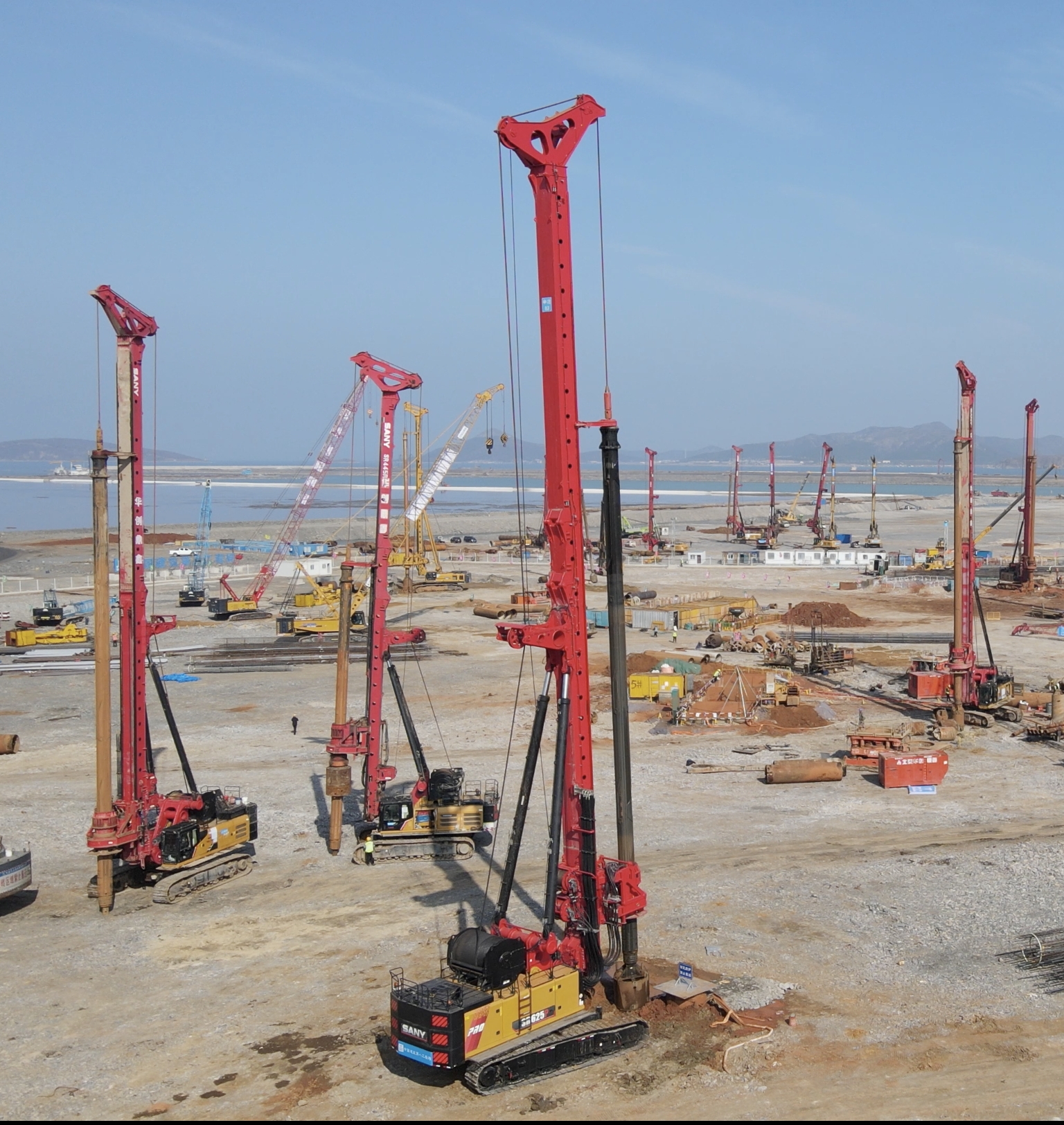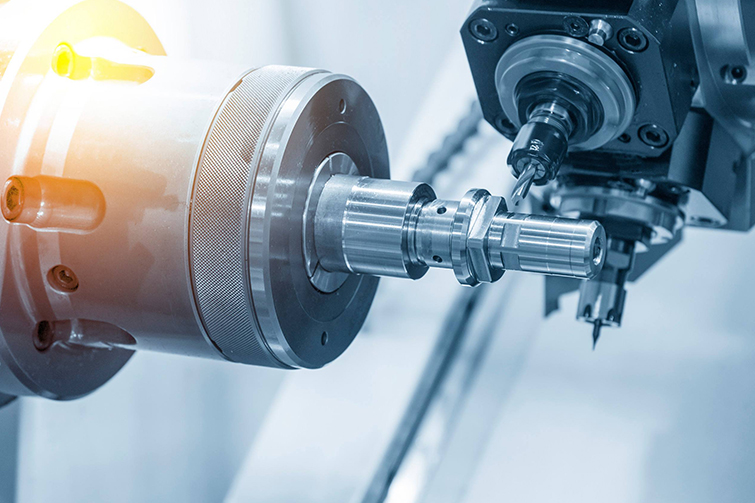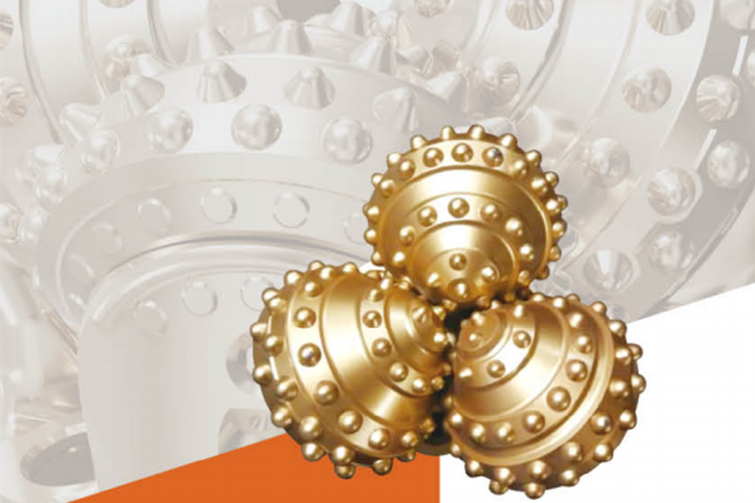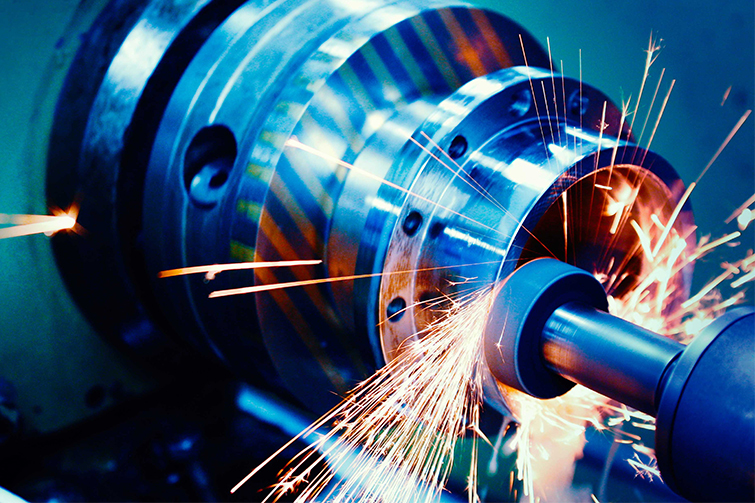

Mastering Pile Hammers: Technical Insights and Business Value in Modern Construction

Introduction to Pile Hammers
Pile hammers are critical equipment in construction, used to install piles for foundations in buildings, bridges, and other structures. They work by delivering high-impact forces to drive piles into soil or rock, ensuring stability and load-bearing capacity. Understanding their mechanics is vital for any construction professional, as improper use can lead to project delays or failures. In this section, we'll cover the basic types and their applications, setting the stage for deeper technical analysis.
Technical Details of Pile Hammers
Pile hammers come in various forms, including diesel, hydraulic, and vibratory types, each suited to different soil conditions and pile materials. For instance, diesel hammers use combustion to generate force, making them ideal for hard soils, while hydraulic hammers offer precise control for sensitive environments. Key parameters to consider include impact energy (measured in kilojoules), blow rate (strikes per minute), and pile diameter compatibility. Selecting the right hammer based on soil reports and pile specifications is crucial; for example, in sandy soils, a vibratory hammer with frequencies around 20-40 Hz may reduce noise and vibration. Advanced models now feature automated systems that monitor performance in real-time, enhancing accuracy and safety on site.
Business Value and Cost Efficiency
Beyond technical prowess, pile hammers deliver significant economic advantages. They reduce labor costs by automating heavy tasks and shorten project timelines through faster pile installation. Investing in modern pile hammers can cut overall foundation costs by up to 30%, as seen in large-scale infrastructure projects. Moreover, their reliability minimizes risks of rework, which can be costly in terms of materials and delays. By integrating pile hammers with project management software, companies can optimize resource allocation and improve ROI, making them a smart choice for competitive bidding.
Common Questions
What are the main types of pile hammers and their best uses?
Diesel hammers are best for dense soils due to high impact energy, hydraulic hammers offer precision in urban areas to avoid damage, and vibratory hammers excel in loose soils by reducing noise. Always match the type to site-specific geotechnical reports.
How do pile hammers impact project timelines and budgets?
They accelerate pile driving, potentially shortening schedules by weeks, and lower costs through reduced manual labor and fewer equipment changes. However, initial investment in quality hammers is key to long-term savings.
What maintenance is required for pile hammers to ensure longevity?
Regular inspections of wear parts like hammers and leads, lubrication of moving components, and software updates for automated systems are essential. Neglecting maintenance can lead to downtime and increased repair expenses.








